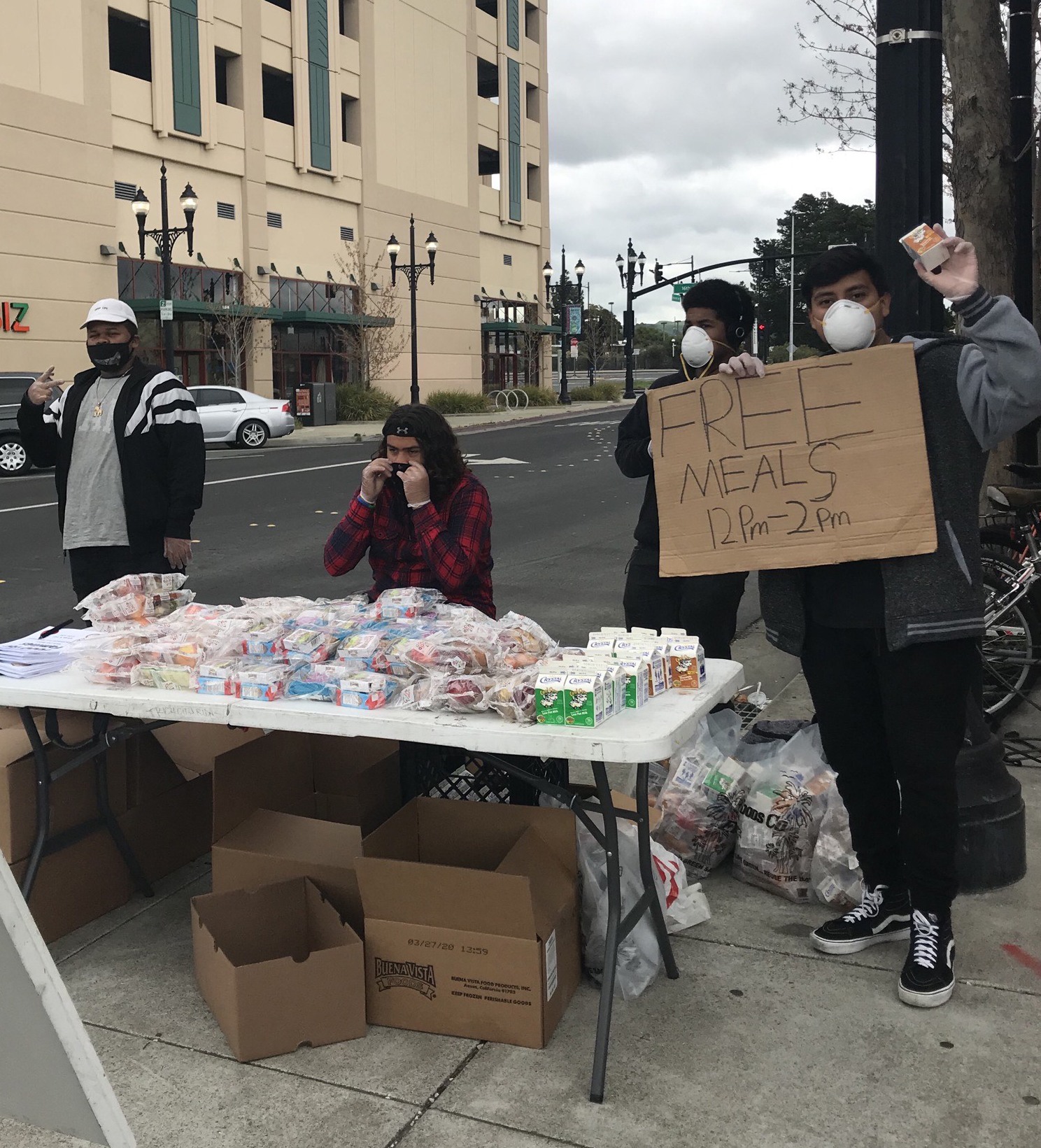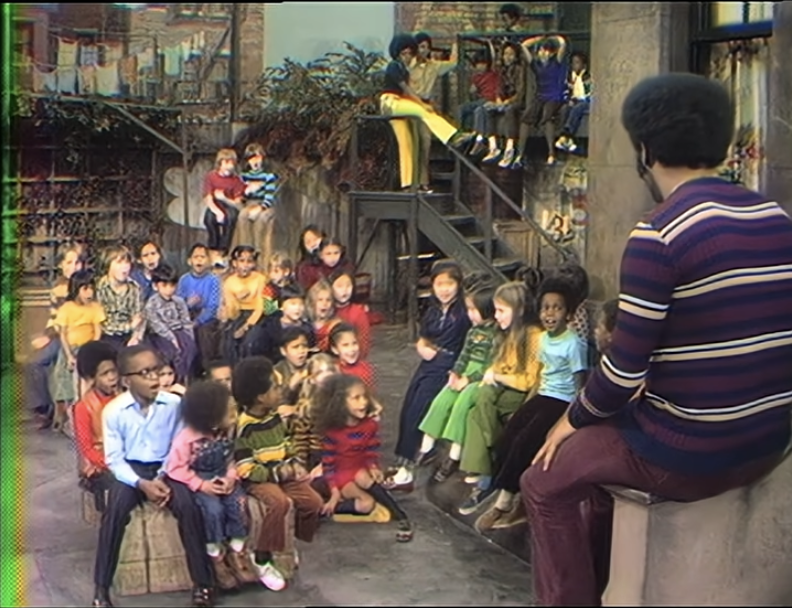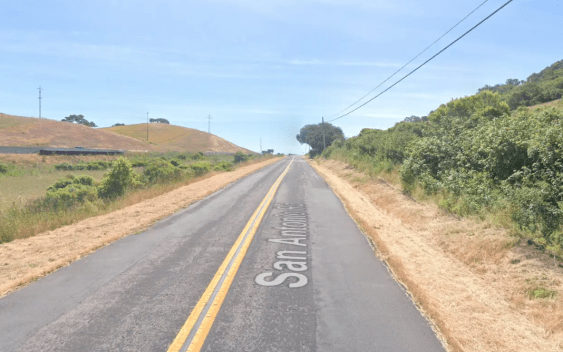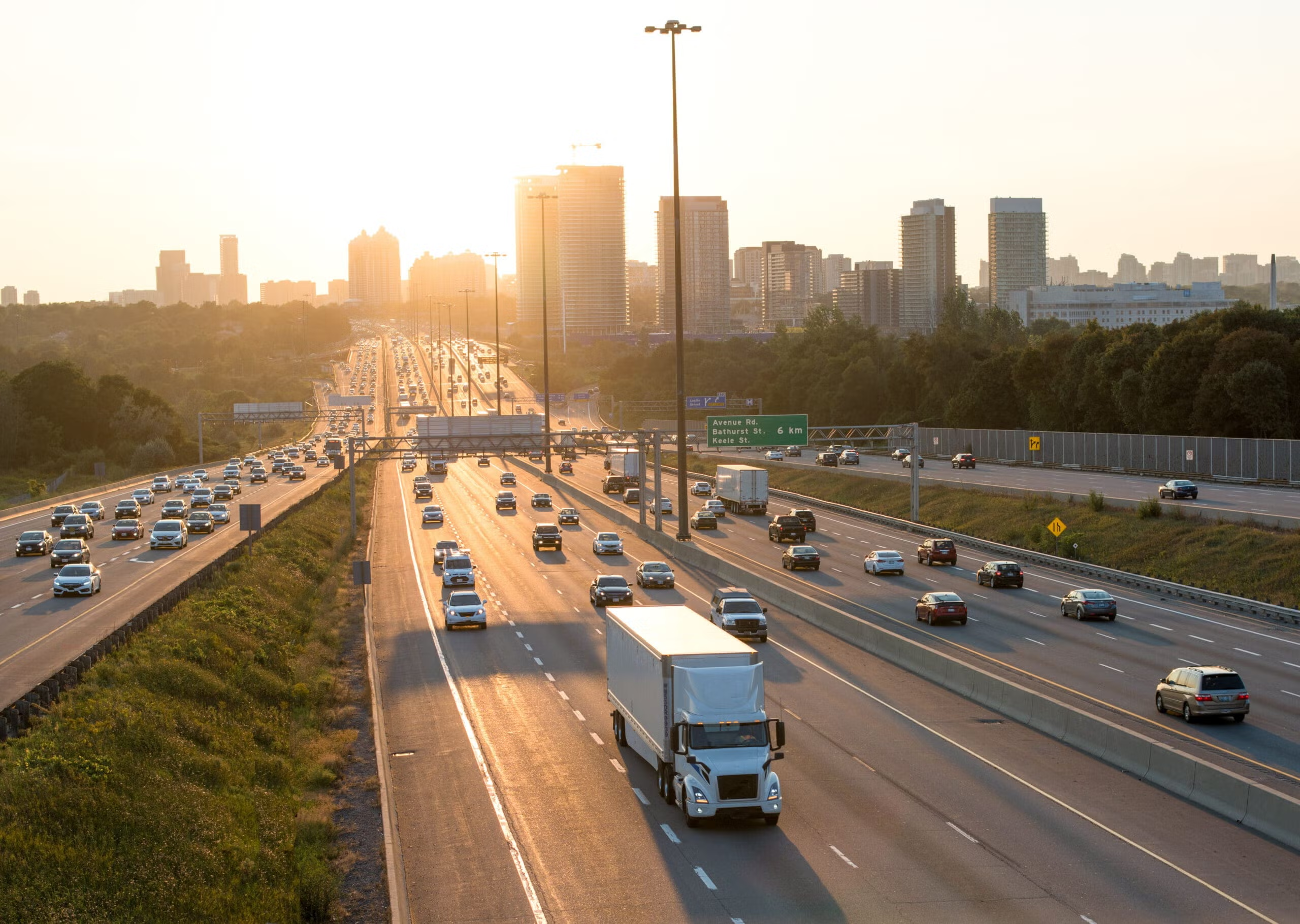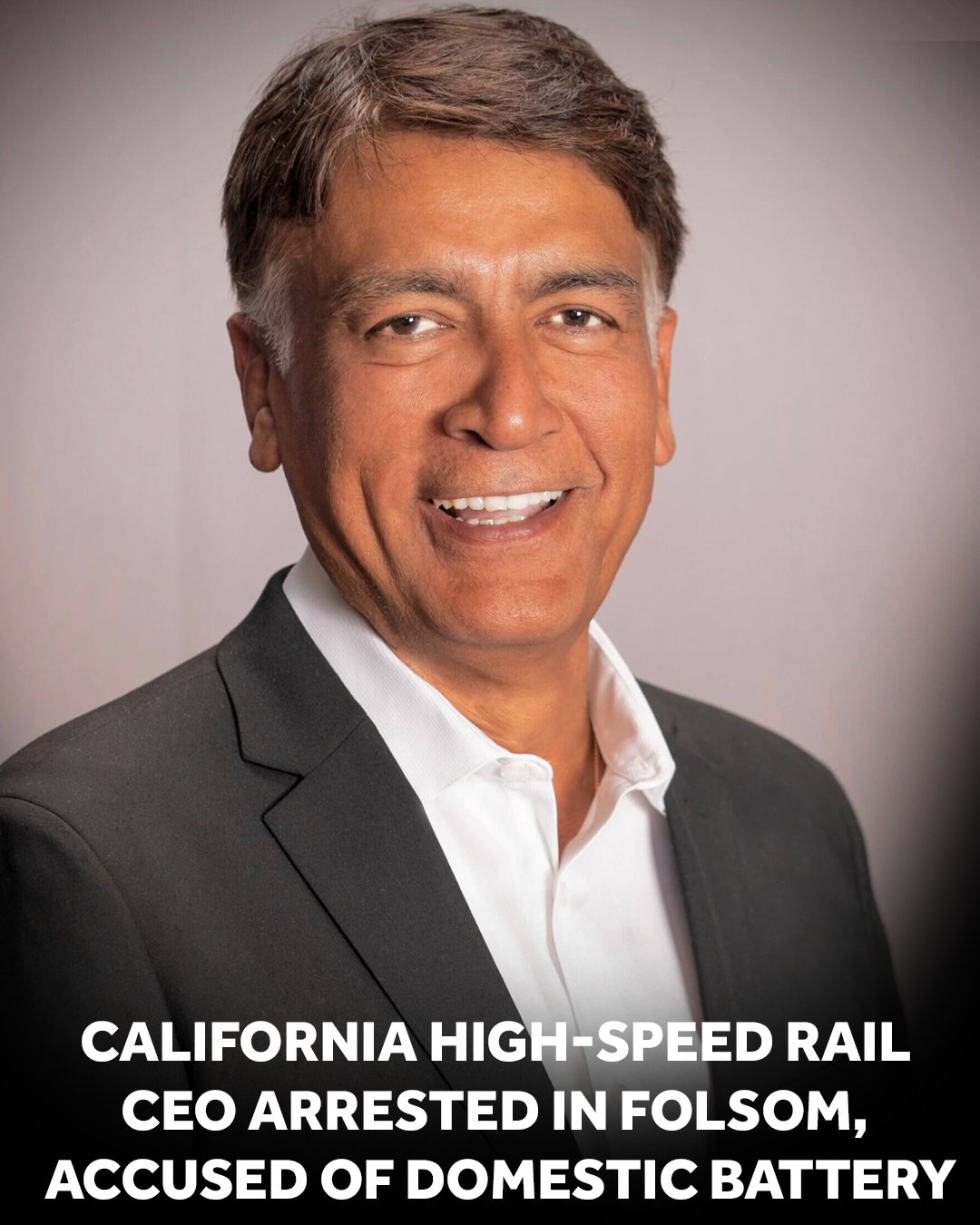Although Rich City Rides, a bike/skate shop/community space in Richmond, California, is temporarily closed during stay-at-home orders, founder Najari Smith has still found a way to contribute to the health and well being of his community while so many of us are stuck at home wondering what we can do to help. The center hosts a youth-led Bike Club, and its members have been helping the school district pack and distribute meals to students who can't access them because school is not in session.
The West Contra Costa County district has two high schools in Richmond that normally provide 30,000 meals a day, feeding about seventy percent of its students.
"When the crisis started and school closures began, we had to scramble," said Tiffany Bell, who works on community wellness and prevention programs for the county health department. The district and the county knew that students who normally rely on the meals would still need them, but wouldn't be able to just pick them up at school.
"At one point they thought maybe they could have people come to the two school sites" to pick up meals, said Bell. "But that was not realizing that Mrs. Jones might not have a car. I mapped it out - some people might have to walk up to two and a half hours just to pick up food," she said.
So Bell and the district began a hunt for local distribution spots that could serve as "Grab 'n' Go" stations. They found churches, activity centers - 22 sites in total, with Rich City Rides the latest one to sign on.
"There was a lot to learn," said Bell. The school district is now making and distributing over 40,000 meals to Richmond students and their families, including breakfast, lunch, and dinner--and on Fridays they give out extra meals for the weekend. In addition to making more meals than usual, they need to get the food out to local sites, set up tables, have teams there to distribute the food, and make sure everyone had masks and gloves and enough room to keep a safe distance apart.
"At first, Najari felt he could help distribute maybe thirty meals," said Bell. "But we said no - not in that area! We need them to pass out a lot more meals than that."
Smith credits Bike Club vice president Manny Funes, a junior at Kennedy High School, with taking the lead. Funes recruited the bike club members and scheduled them into shifts to help load the trucks in the morning, and they passed out more than 200 meals a day at the Rich City Rides Grab-n-Go site - more than 1,000 since the program began. Funes said he "gathered up the team because I saw it as a good idea to keep the club active while helping out in the community."
Community service is not a new thing for Rich City Rides, nor for the Bike Club. Rich City Rides team members have helped create a nearby Dirt Park as a fun, safe place for kids to ride dirt jumps and learn tricks; they lead Self Care Sunday Community Rides, open to all, on Richmond's expanding network of bike lanes and paths; they hold Friday Fix-it Clinics for people to learn about bike repair.
Smith has also nurtured youth involvement by creating a space for kids to hang out, mess around, work on bikes, and learn. In addition, the Rich City Rides Bike Club encourages members to work on community service projects for which they receive store credit that they can use towards buying bikes or parts or whatever they want. For example, club members have helped clean up local parks, and they went door to door to make sure local residents know how to access city services like bulky item pickups.
The Bike Club sees itself as "an extension of Rich City Rides," as Funes puts it. "But on our own we are looking forwards, finding a way to bring teens together to do something that's gonna keep you safe and healthy," he said. "Instead of just being in the streets doing God knows what, you could be part of the Bike Club going on bike rides and helping the community."
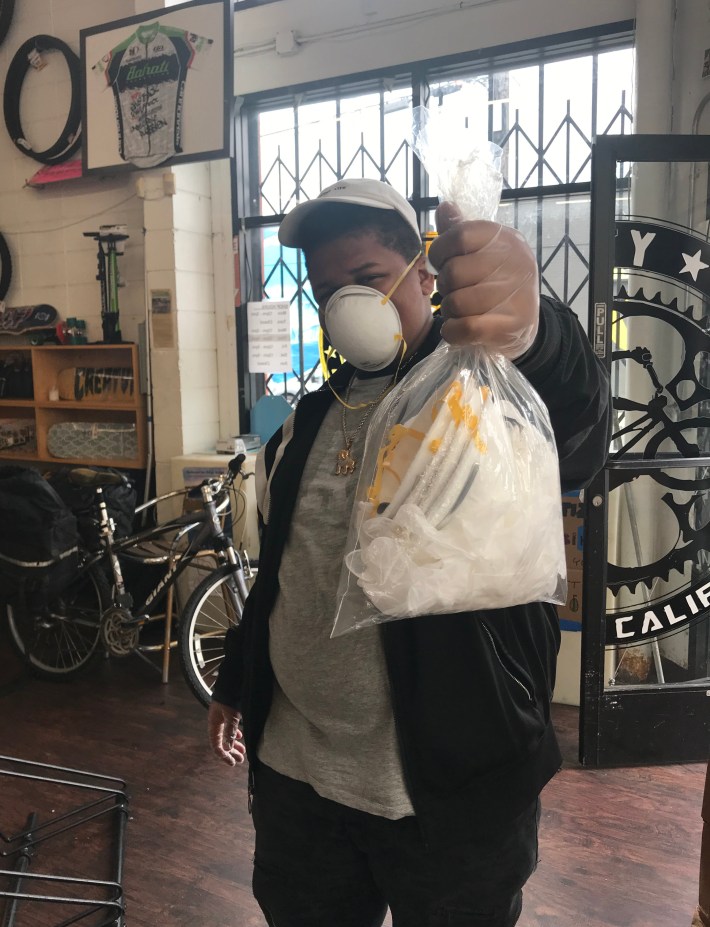
Right now, none of that is possible. The Fix-it Clinics and Community Rides have been postponed, because they haven't figured out how to maintain social distancing with the big groups that usually participate. They have been encouraging their usual riders to keep on biking on their own and in small groups with their families, however.
“Our shop is rooted in the community, our connections are deep here," said Smith. "The residents know us, they see us everyday inside and outside of the shop, and most importantly, and the youth feel safe here. We take the safety of the children we’ve seen grow up over the past seven years very seriously.”
An incident one morning a week or so ago illustrates just how key an organization like Rich City Rides is. A couple of unconnected local youth showed up at the Grab 'n' Go wanting to fight. Smith and the club decided to suspend the meal distribution temporarily until they could find more volunteers to help out. Since then, a few more people have stepped up - though they are still seeking volunteers - and the Grab 'n' Go station is once again passing meals out to students and families.
"There's a whole story in here around transportation and feeling safe," said Smith. “Especially for youth, many of whom, although they are not involved in any street politics, can easily become victims because of those they’re even thought to be associated with. It’s not just youth either. We have ridden to every park in Richmond and many of the parks around the East Bay, and I still meet parents who cannot and will not ride through certain areas. Newcomers to Richmond are oblivious to it, and most transit justice groups don’t address it, but we hear it, we see it, we feel it and confront it in as best, safe, and peaceful a way as we can.”
Rich City Rides had been closed for a few weeks to remodel its interior, and the team was preparing to open up again just when everyone was told to stay home. "This is giving us time to put together a new vision for what Rich City Rides will be," said Smith. "There's things that we know we're going to keep, and there's things that we want to add. It's an incubation time. You don't often have time to just reflect, because we lead busy lives," he added.
Tiffany Bell, for her part, is concerned for the county and the school district. Their budgets are already tight, and they are preparing and distributing these meals to a community that is bearing the brunt of years of disinvestment.
"All these other [nearby] districts have been given money," she said, "but nobody gives money to West Contra Costa. DreamForce, for example, gave tens of millions of dollars to the Oakland and San Francisco school districts. It's a wonderful, kind gesture--and I would love to see this diversified."
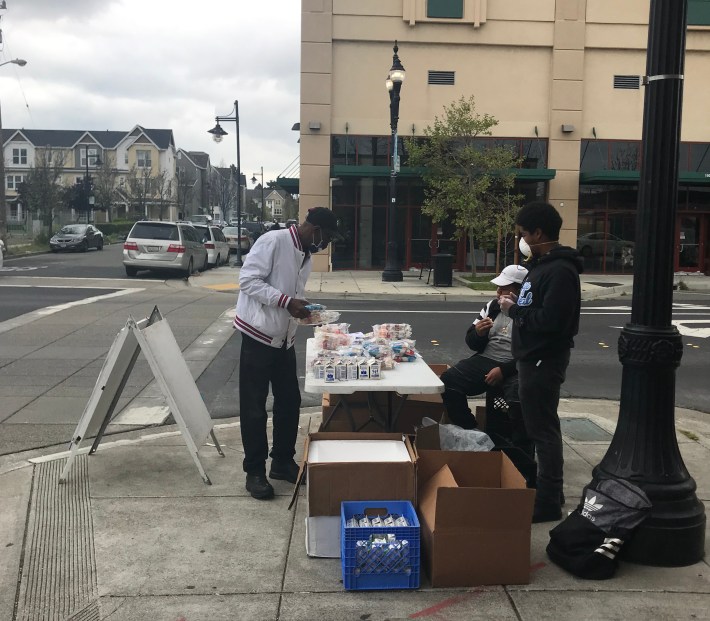
Some days, she says, some of the Grab 'n' Go sites do run out of food. "We look at the numbers daily," she said, "and from that we decide if we need to increase them." But the school district needs money to keep supporting its students, both to feed them and also to provide academic support. "There's a huge deficit in the district," said Bell.
"Richmond is much better than it’s been in decades," said Smith, "but it still has far to go. The people most affected by legacies of violence need counseling for the trauma that comes with surviving systemic violence: criminalization, divestment, and redlining. They also need opportunity to control their circumstances and take the lead in healing their neighborhoods."
"We do our part by connecting with all the neighborhoods in Richmond, but we need more resources to do the work. It has been a tough hill to climb, but our team is highly committed to being the change we want to see together," he said.
"Richmond is going through transition - the same transition downtown Oakland went through, that Brooklyn went through, that the Fillmore went through, that Harlem went through," he continued. "We want to make sure that those most affected by the darker times in Richmond’s history are the same ones bringing the light, and ensure that they have a fruitful place in Richmond’s future."
"As we use bicycles as inclusive vehicles for healthy civic change, we want to make sure no one, especially those most vulnerable, is left out of the movement."
